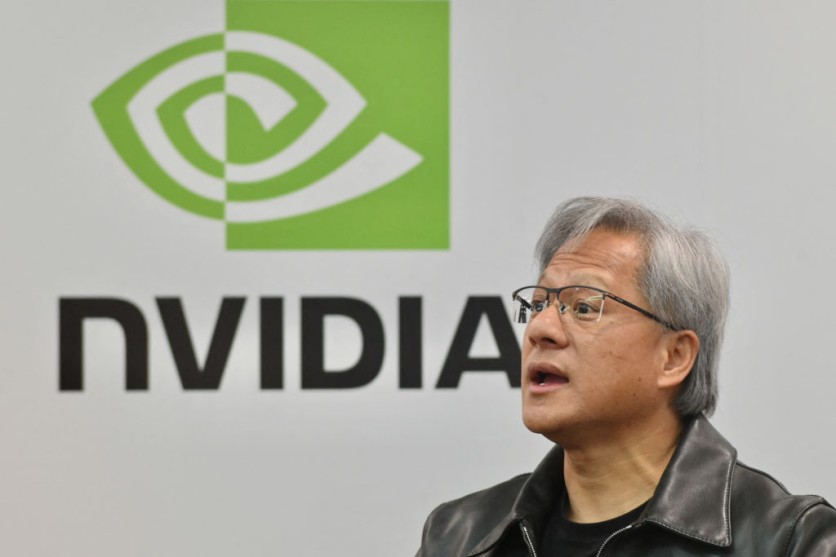Amid escalating US restrictions, Nvidia, the AI chip giant, is set to release three new chips tailored for the Chinese market.
Reuters reports that this development comes in the wake of the US blocking Nvidia from selling two high-end AI chips, the A800 and H800, along with the top-of-the-line gaming chip, the RTX 4090, to Chinese firms.
The new chips, named HGX H20, L20 PCIe, and L2 PCIe, are anticipated to be officially announced as early as November 16, according to reports from the STAR Market Daily news outlet.

Nvidia Adjusts to US Restrictions
The recent export restrictions imposed by Washington have compelled Nvidia to recalibrate its products for the Chinese market for the second time in just over a year.
The Guardian notes that the US restrictions, effective immediately as of October 24, have intensified the tech war between the two superpowers. Nvidia, commanding over 90% of China's $7 billion AI chip market, is now faced with an opportunity for domestic firms, including Huawei Technologies and Baidu, to gain ground.
Baidu, a Chinese internet giant, had reportedly placed a significant order for Huawei AI chips earlier this year, anticipating the challenges posed by the US restrictions on Nvidia. This move highlights the strategic foresight of Chinese companies in preparing for a future where access to Nvidia chips might be limited.
Nvidia's response to the restrictions involves the development of the H20, L20, and L2 chips, which, though exhibiting moderated overall performance, are strategically designed to navigate through the intricate web of US regulations.
Analysts suggest that Nvidia is skillfully balancing peak performance and performance density with these new chips to comply with the restrictions.
Read Also : Apple's Tax Battle Takes a Turn: EU Adviser Urges Reevaluation of 13 Billion Euro Payment
Nvidia's Resilience
Financial Times reports that as the US seeks to curb China's AI development, the Biden administration's measures have tightened restrictions, affecting even alternative models like the A800 and H800.
Despite the challenges, Nvidia is forging ahead with the new chips with a less complex manufacturing process than its previous endeavors.
While Nvidia's move showcases resilience, Chinese companies actively seek alternatives, reducing reliance on Nvidia and mitigating the impact of the escalating AI chip ban.
However, geopolitical conflicts and international sanctions have also constrained Chinese competitors like Huawei, Cambricon, and Biren, limiting their access to advanced chipmaking equipment.
Nvidia's latest chips for China signal a dynamic response to the rapidly changing landscape of US-China tech relations, emphasizing its commitment to maintaining a foothold in one of its most crucial markets.
The unveiling of these chips marks a crucial moment in the evolving narrative of the global AI chip industry as players navigate the complexities of export controls.
Stay posted here at Tech Times.

ⓒ 2026 TECHTIMES.com All rights reserved. Do not reproduce without permission.




